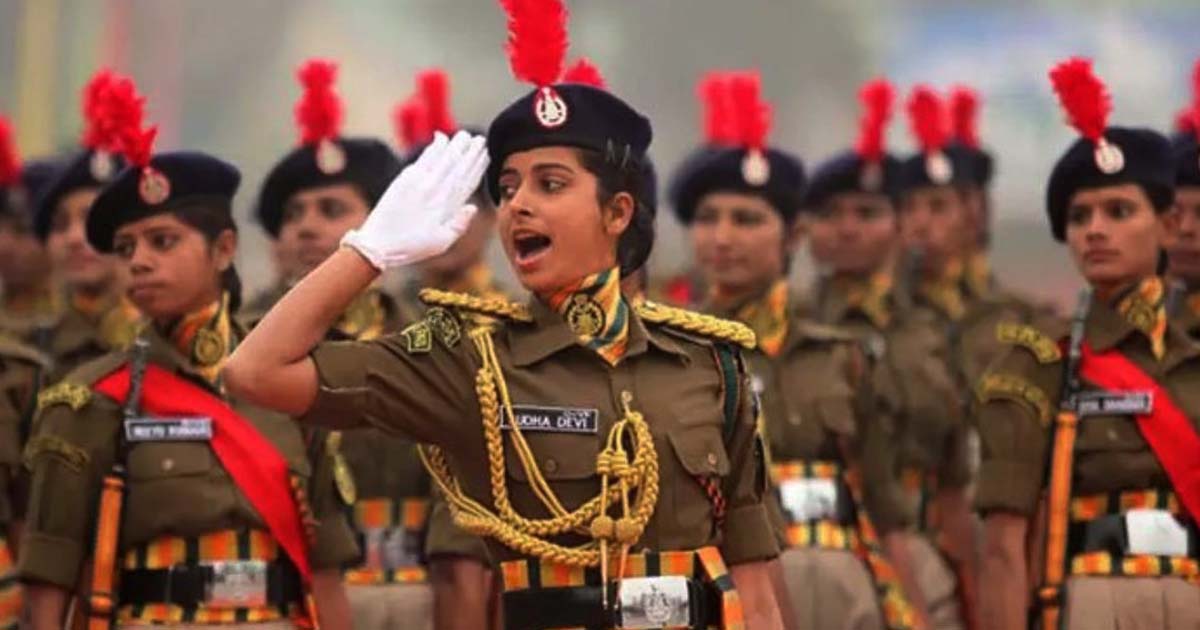Shikhar Gupta
“Today, when looking up, doesn’t it seem like the sky is the limit” says a woman Army officer, a Lieutenant Colonel in her early 40s.
Justice D.Y. Chandrachud on 17 February 2020, dismissed the Union Government’s submissions that women are physiologically weaker than men as a “sex stereotype” and declared that Short Service Commission (SSC) women officers are eligible for permanent commission and command posts in the Army irrespective of their years of service.
BACKGROUND
The induction of women officers in the Army started in 1992. They were commissioned for a period of five years in some selected streams such as Army Education Corps, Corps of Signals, Intelligence Corps, and Corps of Engineers. Recruits under the Women Special Entry Scheme (WSES) had a shorter training period than their male counterparts who were commissioned under the Short Service Commission (SSC) scheme.
In 2006, the WSES was replaced with the SSC, which was extended to women officers. They were commissioned for a period of 10 years, extendable up to 14 years. Serving WSES officers had option to move to the new SSC scheme, or to continue under the erstwhile WSES. While male SSC officers could opt for permanent commission at the end of 10 years of service, this option was not available to women officers. They were kept out of any command appointment, and could not qualify for government pension, that starts only after 20 years of service as an officer. The first batch of women officers under the new scheme entered the Army in 2008.
LEGAL BATTLE
2003- PIL was filed before the Delhi High Court for grant of permanent commission (PC) to women SSC officers in the Army.
2006- Another writ petition was filed by Major Leena Gurav, to challenge the terms and conditions of service and to seek PC for women officers.
2008- Defence Ministry passed an order saying PC would be granted prospectively to SSC women officers in the Judge Advocate General (JAG) department and the Army Education Corps (AEC).
2010- Delhi High Court collectively heard the challenges and said Women officers of the Air Force and Army on SSC would be entitled to PC at par with male SSC officers. However, this benefit was only available to women officers in service who had instituted proceedings before the High Court, and had retired during the pendency of the writ petitions.
The government challenged the order in the Supreme Court. Defence Ministry did not implement those directions. While the proceedings were on, the government passed an order in February 2019 for the grant of PC to SSC women officers in eight streams of the Army, in addition to the JAG and AEC, which had been opened up in 2008. But they would not be offered any command appointments, and would serve only in staff posts.
SUPREME COURT’S VIEW
The apex court in [The Secretary, Ministry of Defence v. Babita Puniya & Ors.] rejected these arguments, saying they are “based on sex stereotypes premised on assumptions about socially ascribed roles of gender which discriminate against women”. It has also said that it only shows the need “to emphasis the need for change in mindsets to bring about true equality in the Army”.
The SC has done away with all discrimination on the basis of years of service for grant of PC in 10 streams of combat support arms and services, bringing them on a par with male officers. It has also removed the restriction of women officers only being allowed to serve in staff appointments, which is the most significant and far-reaching aspect of the judgment.
EFFECT OF THE JUDGMENT
With this approval of the Apex Court, women officers will now be eligible to tenant all the command appointments, at par with male officers, which would open avenues for further promotions to higher ranks for them. If women officers had served only in staff, they would not have gone beyond the rank of Colonel.
It also means that in junior ranks and career courses, women officers would be attending the same training courses and tenanting critical appointments, which are necessary for higher promotions.



